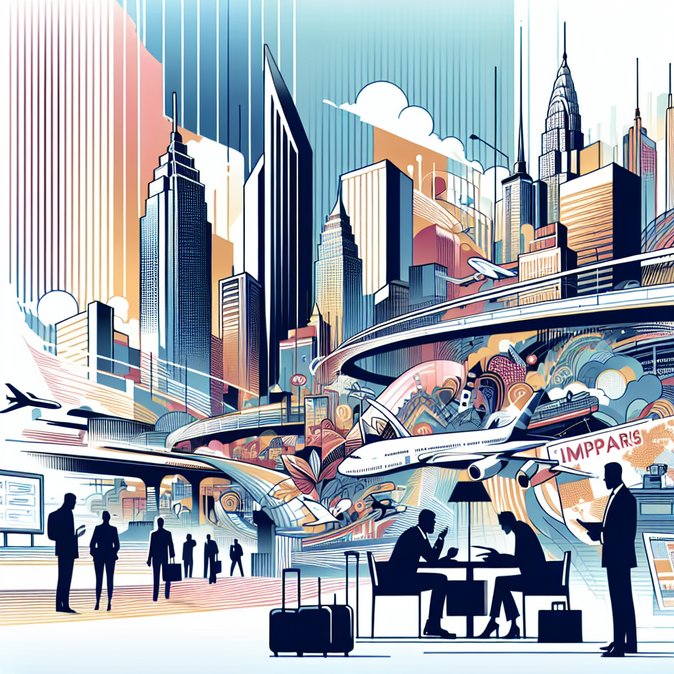
Brazil officially opened three weeks of meetings, road-shows and site visits on 3 November as the country gears up to host COP30 in Belém from 10-21 November 2025. The curtain-raiser—a business forum in São Paulo attended by more than 1,000 corporate leaders—set the tone: companies urged governments to expand incentives for clean-energy investment, arguing that clear rules and friction-free cross-border mobility for experts are as important as tax breaks.
While ministers promoted Brazil’s new free electronic visa (e-Visa) for accredited COP30 participants, travel managers complained that many delegations still struggle to secure hotel rooms in Belém. Average nightly rates have jumped above US$450 and availability is below 30 percent for the summit week. Smaller Pacific-island and African states warned that budget constraints could force them to send skeletal teams, undermining “voices from the front-lines.”
![COP30 Warm-Up: Brazil Launches Three Weeks of Climate Events as Visa and Accommodation Hurdles Persist]()
Local authorities said charter flights will supplement limited scheduled services into Belém’s Val-de-Cans airport, but warned delegates to clear freighted exhibition material at least ten days in advance because the cargo terminal will operate at 130 percent of normal capacity. Immigration officials insisted that additional booths and biometric kiosks will keep queues below 45 minutes but urged travelers to upload documents to the e-Visa portal before departure.
For mobility and travel managers the key takeaway is to finalise delegate lists quickly, lock in alternative accommodation in nearby cities such as Abaetetuba, and brief travellers on Brazil’s strict vaccine-certificate and yellow-fever requirements for Amazon destinations. Companies planning side events should check local labour rules: temporary technical work remains subject to Brazil’s 90-day cap even if the holder also possesses a COP30 e-Visa.
While ministers promoted Brazil’s new free electronic visa (e-Visa) for accredited COP30 participants, travel managers complained that many delegations still struggle to secure hotel rooms in Belém. Average nightly rates have jumped above US$450 and availability is below 30 percent for the summit week. Smaller Pacific-island and African states warned that budget constraints could force them to send skeletal teams, undermining “voices from the front-lines.”

Local authorities said charter flights will supplement limited scheduled services into Belém’s Val-de-Cans airport, but warned delegates to clear freighted exhibition material at least ten days in advance because the cargo terminal will operate at 130 percent of normal capacity. Immigration officials insisted that additional booths and biometric kiosks will keep queues below 45 minutes but urged travelers to upload documents to the e-Visa portal before departure.
For mobility and travel managers the key takeaway is to finalise delegate lists quickly, lock in alternative accommodation in nearby cities such as Abaetetuba, and brief travellers on Brazil’s strict vaccine-certificate and yellow-fever requirements for Amazon destinations. Companies planning side events should check local labour rules: temporary technical work remains subject to Brazil’s 90-day cap even if the holder also possesses a COP30 e-Visa.









